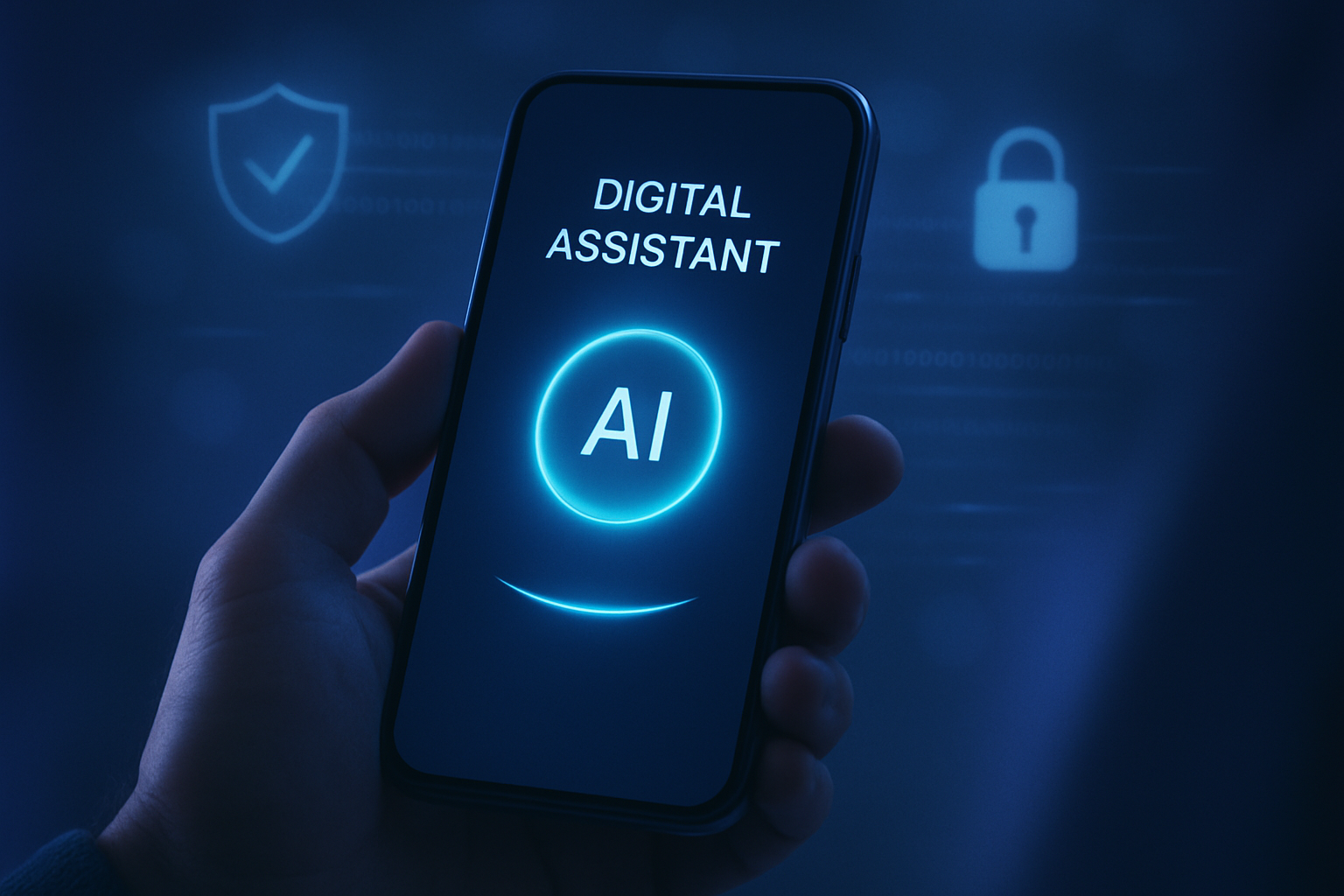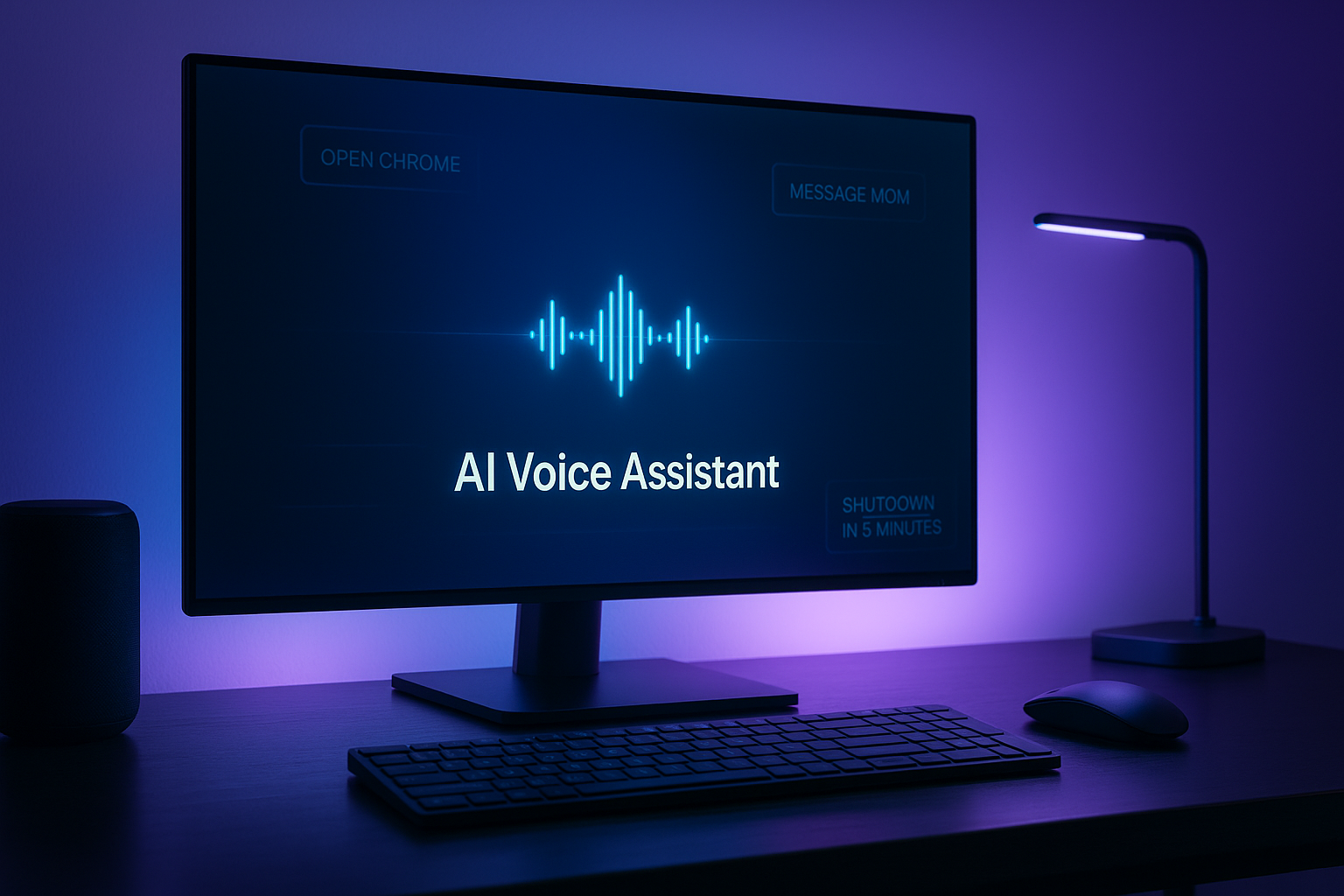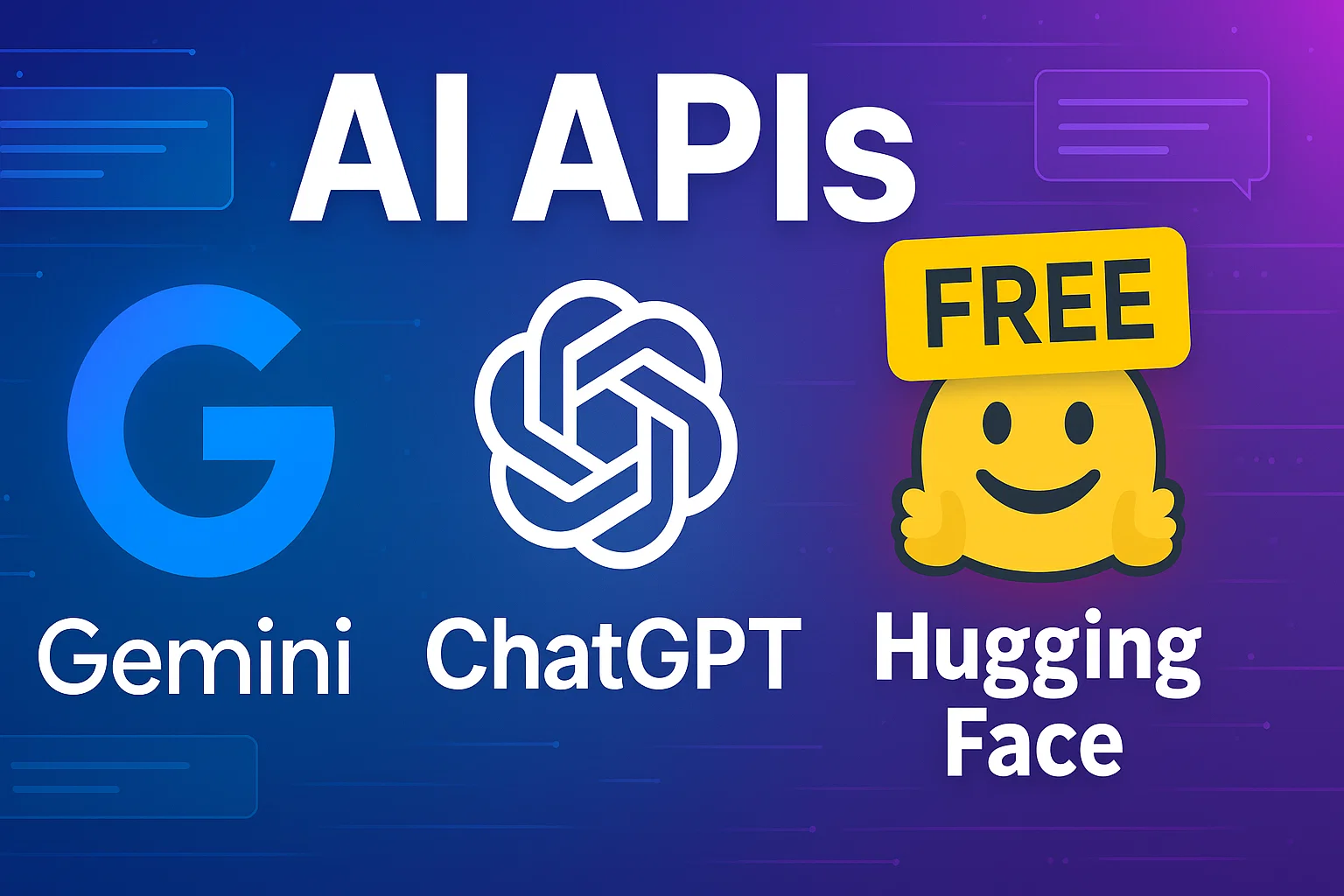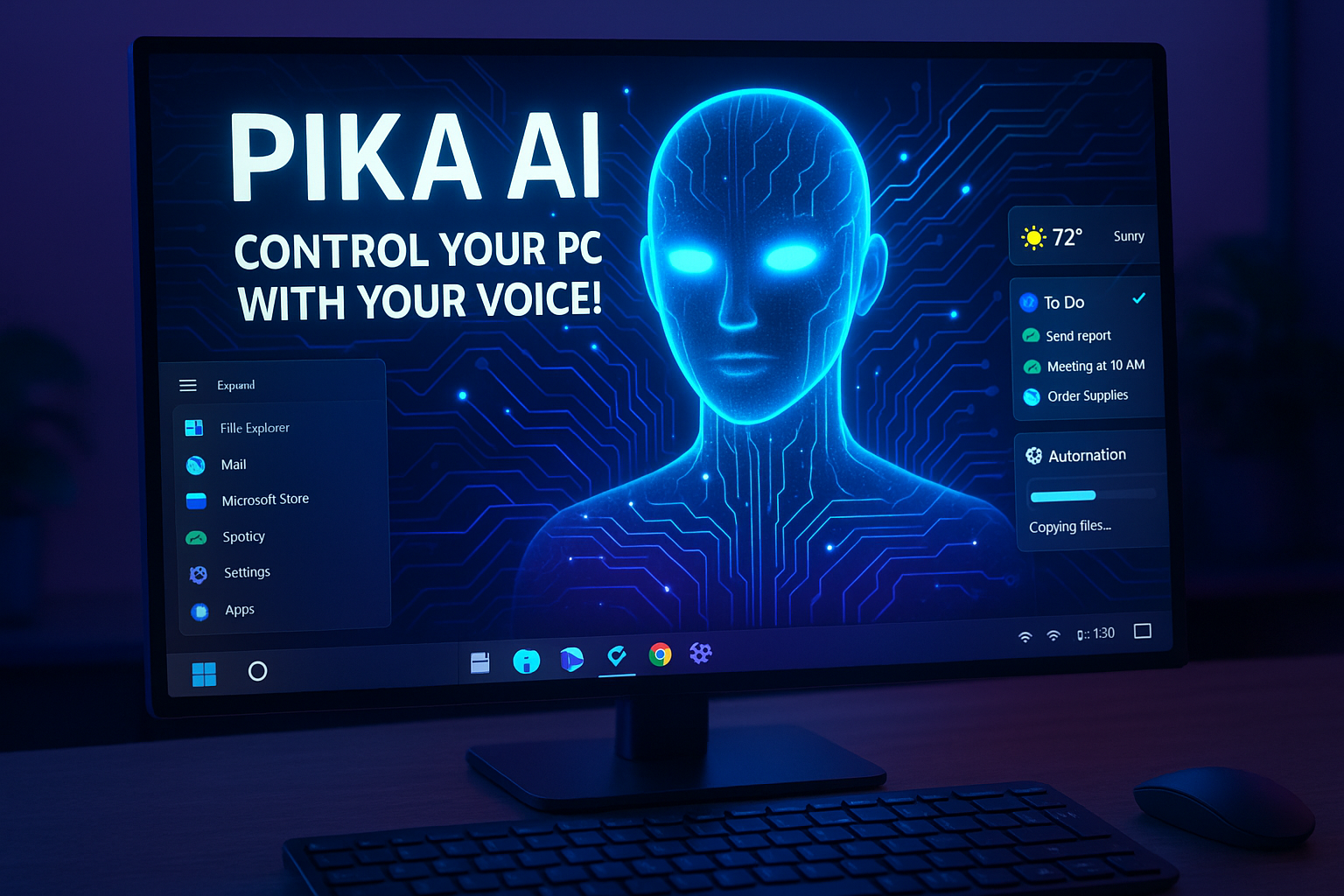As artificial intelligence continues to revolutionize industries, platforms like Pika AI offer innovative voice assistance, and more. However, with AI's growing role in daily life, concerns about privacy and data security are paramount. This article provides a comprehensive look at whether Pika AI is safe, focusing on its data handling, security protocols, and user rights. Lets discover the truth.
🔐 Data Collection and Usage
Pika AI collects various types of information to deliver and improve its services:
- Authentication Data: Uses Google OAuth2 for secure login, collecting your name, email, and profile picture.
- Interaction Data: Processes voice commands, text inputs, and usage patterns to personalize responses and enhance AI accuracy.
- Device Information: Gathers local device data to optimize performance.
Importantly, Pika AI does not sell personal data to third parties. While anonymous usage statistics may be collected to improve services, any data sharing requires explicit user consent.
🛡️ Data Security Measures
To protect your data, Pika AI implements several robust security protocols:
- Local Data Storage: By default, your data is stored locally on your device, reducing exposure to external threats.
- Encryption: All API communications are encrypted to ensure data integrity during transmission.
- Authentication: Secure login via Google OAuth2.
- Optional Cloud Sync: Cloud synchronization is available but only with your explicit consent.
These measures align with industry standards to safeguard your information from unauthorized access.
⚖️ User Rights and Transparency
Pika AI is committed to transparency and empowering users with control over their data:
- Data Access and Deletion: You can request access to your stored data and delete your account along with all associated information.
- Voice Data Control: Manage voice data retention settings, including opting out of cloud sync.
- Data Portability: Tools are provided to transfer your data if you wish.
Considerations and Potential Risks
While Pika AI takes significant steps to protect your data, some inherent risks exist with AI platforms:
- Data Usage: Inputs like text, images, or videos may be used to generate outputs. Avoid sharing sensitive or personal information unnecessarily.
- Biometric Data: Features involving voice or facial recognition may collect biometric data. Understand how this data is stored and handled.
- Third-Party Integrations: Pika AI integrates with services like Google Gemini API and YouTube API, which have their own data policies.
Always review Pika AI’s privacy policy and terms of service to understand data management fully. Our information is ok for today but it might not be ok for tomorrow.
✅ Conclusion
Overall, Pika AI appears safe, prioritizing user privacy through local data storage, encryption and transparent user rights. However, as with any AI platform, exercise caution when sharing personal or sensitive data. Staying informed and using available privacy controls will help you engage with Pika AI confidently and securely.
Note: For the most accurate and up-to-date information, always refer to Pika AI’s official privacy policy and terms of service.




